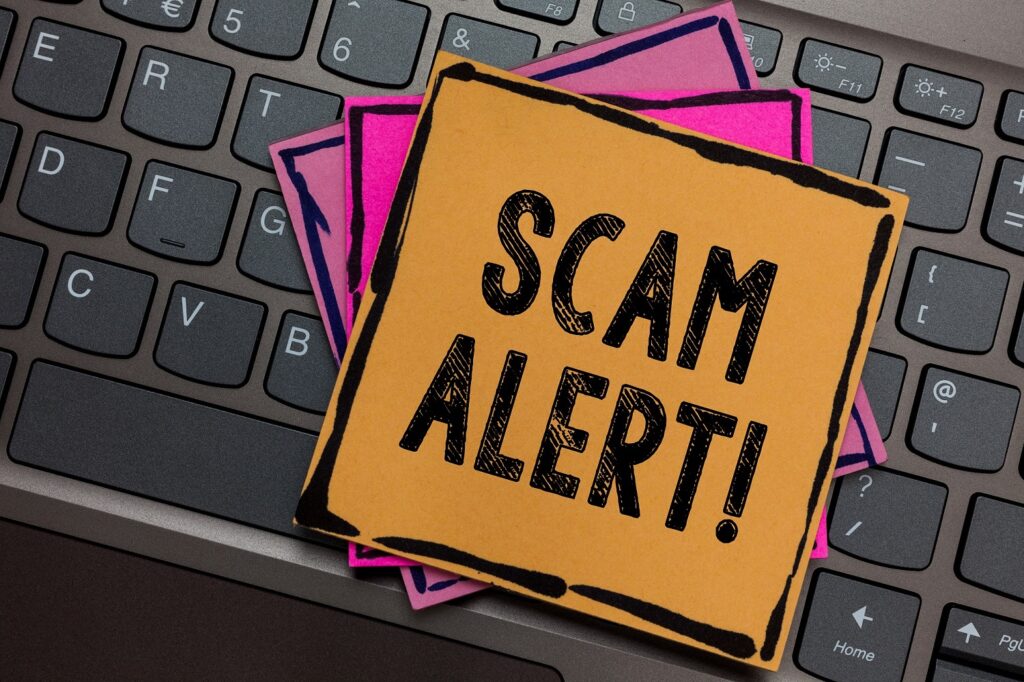News
Fake Indian Consulate Calls Target South Africans in New Scam

A troubling call that sparked a warning
Members of South Africa’s Indian and Muslim communities are being urged to stay alert after reports of scammers posing as staff from the Indian Consulate in Pretoria.
The fraudsters are exploiting tensions from the recent India–Pakistan conflict over Indian-administered Kashmir, where a deadly attack in April claimed 26 lives. In one reported case, a South African journalist was contacted by someone claiming their number in India was linked to the Kashmir attack. The caller insisted on asking personal questions about travel history, identity documents, and passports.
How the scam works
Investigations suggest the calls originate from overseas call centres, allegedly in India. The goal is to obtain personal information, including computer IP addresses, which is then used to extort money from unsuspecting victims.
An attorney consulted by The Citizen said that if a call like this were genuine, verification would take place through official channels, not mobile calls demanding personal details on the spot.
When The Citizen contacted the Indian Consulate in Pretoria, officials confirmed that they do not use mobile phones to contact members of the public.
The consulate’s official statement
The Indian Consulate General’s office has issued a formal alert about the scam. They say criminals have been “spoofing” the consulate’s number to make threatening calls, demanding money under the guise of representing the Government of India.
In their statement, the consulate stressed:
“No one from the Consulate General will be calling members of the public to demand money for government purposes. Please report any such calls to your local police after noting the number and any details the callers provide.”
Protecting yourself and your community
While this scam has targeted people of Indian origin in South Africa, similar fraudulent schemes have been reported globally. In recent years, cybercriminals have increasingly exploited political events, diaspora connections, and fear of legal consequences to trick victims into paying up.
Community leaders are urging people to speak openly about such incidents so others do not fall victim. Social media posts about these scams have already started circulating in local community groups, with many calling for greater awareness and quick reporting to authorities.
If you receive a suspicious call claiming to be from a consulate or embassy:
-
End the call immediately.
-
Do not share personal information.
-
Contact the relevant diplomatic mission directly using official contact numbers from its website.
-
Report the incident to your local police.
Also read: Weaponising Social Media: When Lies Go Viral Before the Truth Wakes Up
Follow Joburg ETC on Facebook, Twitter, TikTok and Instagram
For more News in Johannesburg, visit joburgetc.com
Source: The Citizen
Featured Image: Jigsaw Foundation – Jigsaw Homes

















